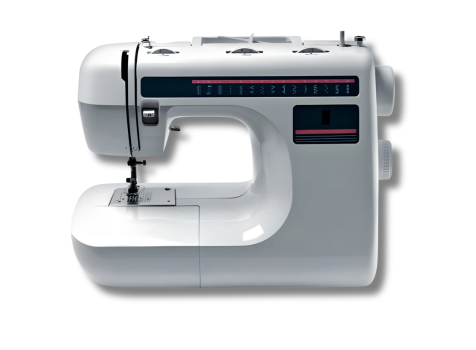Sewing machines guaranteed to follow Indian safety and quality standards by BIS (Bureau of Indian Standards) certification Manufacturers have to choose the pertinent IS standard, test their products in a BIS-approved facility, and send an application together with supporting documentation. Next to confirm compliance is a factory inspection. Approved, BIS licenses to use the ISI mark, therefore indicating product dependability. Frequent audits guarantee ongoing respect of standards. Selling sewing machines in India requires this accreditation, therefore strengthening customer confidence and market acceptance. Authorized Indian Representatives (AIR) are required of foreign manufacturers seeking BIS certification.

Household Zig-Zag Sewing Machine Head
15449 : Part 1 : 2004BIS certification ensures sewing machines meet Indian quality and safety standards, allowing manufacturers to use the ISI mark and legally sell their products in India.
Yes, BIS certification is mandatory for manufacturing and selling sewing machines in India to ensure product safety and compliance with Indian standards.
Manufacturers must submit an application, conduct product testing at a BIS-approved lab, undergo factory inspection, and meet compliance requirements to receive certification.
Documents include factory registration, product specifications, test reports, quality control procedures, and compliance declarations.
The process usually takes 30–90 days, depending on testing, documentation, and factory inspection timelines.